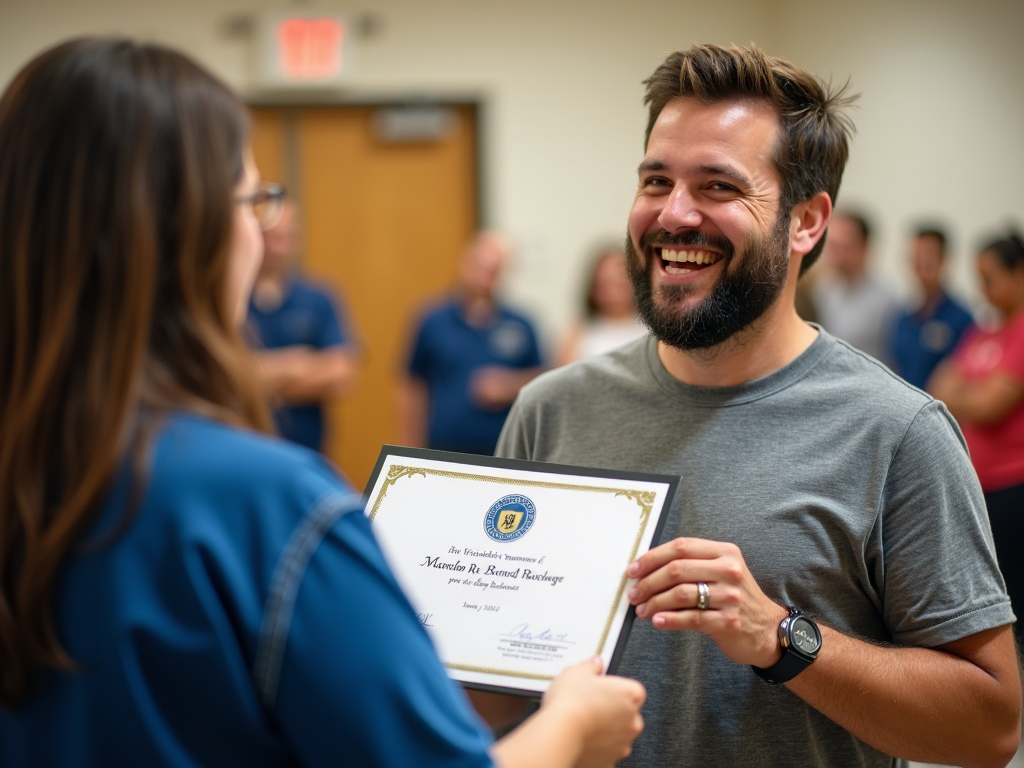How to Recruit Volunteers Who Stick Around
By , April 11, 2025
Recruiting volunteers is only half the battle; the real challenge lies in keeping them engaged and committed over time. In this article, we'll explore proven strategies to attract volunteers who not only sign up but also stick around, contributing their time and skills to your cause. From understanding their motivations to creating a supportive community, these best practices in volunteer program management will help you develop impactful volunteer programs that foster loyalty and long-term commitment.

Understanding Volunteer Motivation
People volunteer for various reasons, such as personal fulfillment, social connections, skill development, or a desire to give back to the community. Understanding these motivations is crucial for recruiting the right volunteers and keeping them engaged. For instance, if a volunteer is looking to develop new skills, assigning them tasks that challenge them and provide learning opportunities can keep them motivated. In advocacy-focused organizations, volunteers might be driven by a passion for the cause. Tailoring their roles to align with their advocacy interests can enhance their commitment, making it one of the best practices in advocacy volunteering.
Clear Communication
Setting clear expectations from the beginning is essential. Volunteers need to know what their roles entail, the time commitment required, and the impact of their work. This transparency helps prevent misunderstandings and ensures that volunteers are fully aware of what they're signing up for. Providing a detailed volunteer handbook or orientation session can clarify roles and responsibilities. This is a best practice in volunteer program management that can significantly reduce turnover. For more insights, check out Volunteer Retention Strategies.

Meaningful Tasks
Volunteers want to feel like they're making a difference. Assigning tasks that align with their skills and interests can enhance their sense of purpose and satisfaction. For example, if a volunteer has a background in marketing, involving them in promotional activities can be more fulfilling than assigning them unrelated tasks. In advocacy volunteering, this could mean allowing volunteers to participate in campaigns or events that directly relate to the cause they care about.

Training and Support
Providing proper training and ongoing support is crucial for volunteers to feel confident and valued. This can include initial training sessions, regular check-ins, and access to resources or mentors. For instance, in a volunteer program for tutoring, offering training on teaching methods and regular support from experienced educators can help volunteers feel more prepared and supported.

Recognition and Appreciation
Regularly acknowledging volunteers' contributions can significantly boost their morale and commitment. This can be through formal recognition programs, thank-you notes, or public acknowledgment in newsletters or social media. Highlighting a 'Volunteer of the Month' can show appreciation and inspire others. According to the Corporation for National and Community Service, recognizing volunteers' contributions is crucial for retention. Learn more about the importance of volunteer recognition here.

Community Building
Creating a sense of community among volunteers can enhance their experience and make them more likely to stay. Organizing social events, team-building activities, or online forums where volunteers can connect can foster a sense of belonging. In advocacy volunteering, this could involve creating groups or networks where volunteers can share their experiences and support each other.

Feedback and Adaptation
Listening to volunteers' feedback and adapting the program accordingly shows that their opinions are valued. Regular surveys, suggestion boxes, or open forums can provide valuable insights into what works and what needs improvement. For example, if volunteers express a desire for more flexible scheduling, adjusting the program to accommodate this can increase retention. For more best practices, refer to Best Practices in Volunteer Management.

In conclusion, recruiting volunteers who stick around requires a multifaceted approach that addresses their motivations, provides clear communication, assigns meaningful tasks, offers training and support, recognizes their contributions, builds a sense of community, and values their feedback. By implementing these best practices in volunteer program management, you can develop impactful volunteer programs that not only attract but also retain dedicated volunteers.